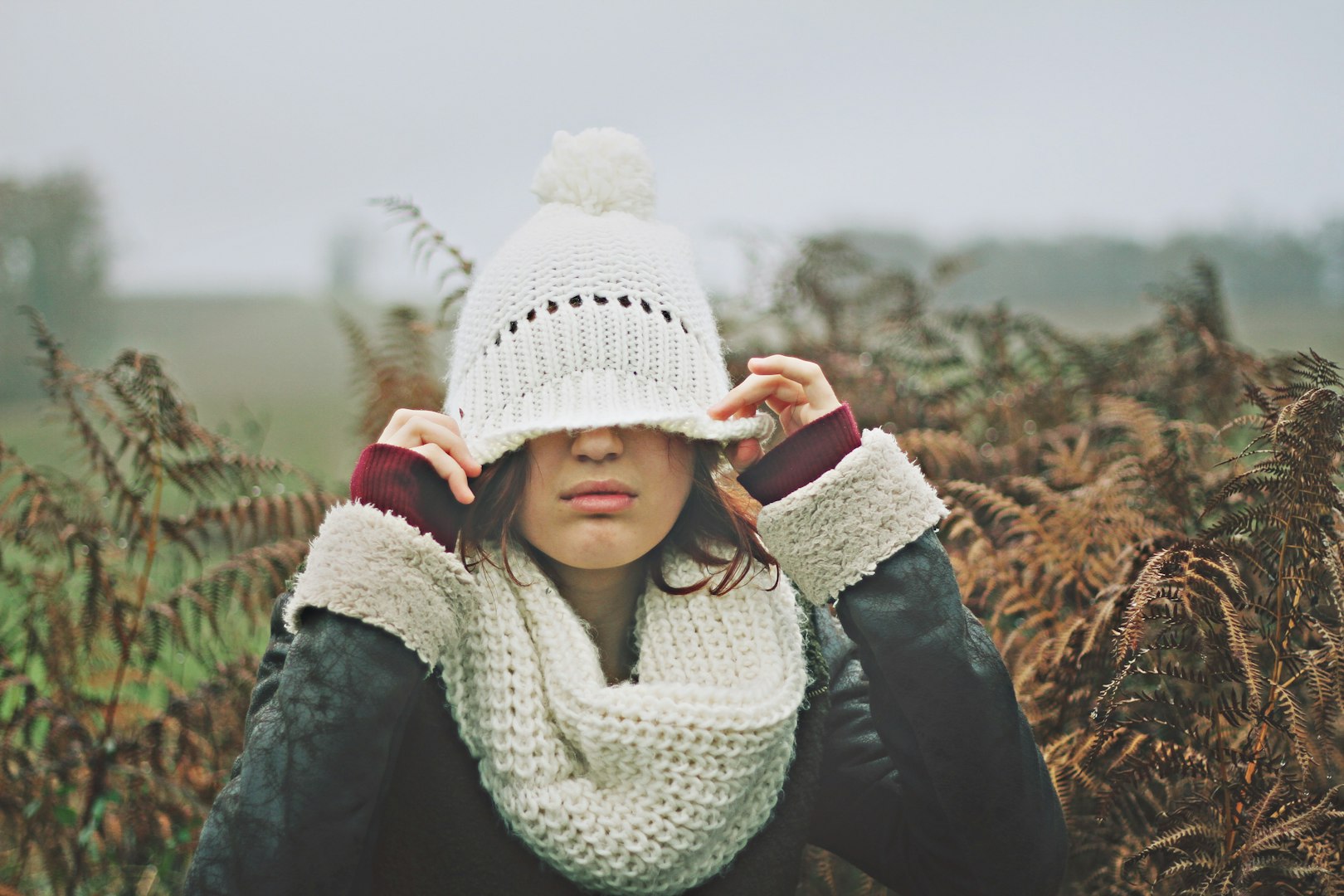Masking isn’t something we set out to do. It sneaks in quietly, shaped by years of criticism, misunderstanding, and moments when we didn’t feel accepted for who we really are. Slowly, over time, we learn to hold back parts of ourselves, to hide feelings, quirks, or reactions that might draw attention or judgement. It’s a way of keeping safe, of navigating a world that sometimes feels like it only accepts a curated version of us.
At first, masking can feel manageable. You get through the day, present the “right” version of yourself, and nobody seems to notice. But masking takes energy and sometimes more than we even realise we have. You might make it through your workday, social obligations, or family interactions, only to come home utterly drained, emotionally and physically. The edges of exhaustion blur together, leaving a sense of emptiness or heaviness that’s hard to shake.
For some people, alcohol slips into that gap. It offers a brief sense of relief, a way to relax, soften the edges, and brace yourself to do it all again tomorrow. It’s not about weakness; it’s about trying to survive and find a moment of respite in a life that feels constantly demanding.
I’ve worked with people who didn’t even realise they were masking until they stopped drinking. Without alcohol to dull the edges, the exhaustion became impossible to ignore. Suddenly, what had felt like normal fatigue revealed itself as burnout that had been quietly accumulating for years. And with that clarity came a revelation: the burnout had never gone away. Alcohol had just blurred it.
The truth is that alcohol might ease the moment, but it never lifts the weight permanently. Over time, it adds its own burden on top of the exhaustion masking already causes. Sleep suffers, moods dip, cravings increase, and the mental load only grows heavier. It doesn’t solve the problem—it layers another one on top.
If you recognise yourself in this, know that you are not alone. Masking is common, especially for people navigating neurodivergence, trauma, or simply a world that isn’t always accepting. But there is hope. There are spaces where you don’t have to hide. There are ways to rest that actually restore you. There are strategies and supports that help you reconnect with yourself without relying on alcohol to take the edge off.
Recovery, in this context, isn’t about perfection. It’s about noticing patterns, exploring what makes you feel safe and alive, and slowly learning to show up as your whole self. Every step toward authenticity, no matter how small, reduces the energy lost to masking and allows more room for joy, rest, and ease in everyday life.
If you’re feeling exhausted from hiding parts of yourself or leaning on alcohol to cope, you don’t have to do it alone. Support is available, and it’s possible to reclaim energy, clarity, and a sense of relief that doesn’t come at the cost of your health or authenticity. You deserve to exist without masking, and to rest in ways that actually restore you.


